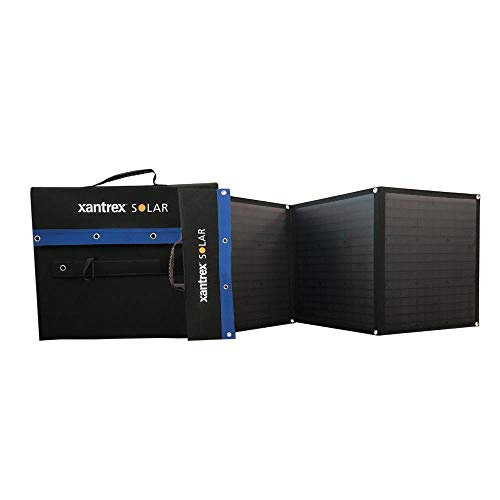Hi folks,
I’m an environmental researcher currently looking into the use of Indonesian timber in the RV industry. As part of the project, I’m hoping to chat to or conduct a survey with a few US-based RV owners whose vehicle may contain lauan/ luan (meranti wood). I’m interested in better understanding the following:
If you think your vehicle contains luan (it seems that most of them do!) and you’d be happy to chat with me, please comment and I’ll get in touch directly. Thanks very much in advance! Any contribution would be greatly appreciated
I’m an environmental researcher currently looking into the use of Indonesian timber in the RV industry. As part of the project, I’m hoping to chat to or conduct a survey with a few US-based RV owners whose vehicle may contain lauan/ luan (meranti wood). I’m interested in better understanding the following:
- how aware are potential RV buyers of materials used in RVs
- sustainability as a possible motivating factor in making purchasing decisions
- what kind of information or claims about sustainability is available to potential buyers
- how different products are marketed
If you think your vehicle contains luan (it seems that most of them do!) and you’d be happy to chat with me, please comment and I’ll get in touch directly. Thanks very much in advance! Any contribution would be greatly appreciated






























































